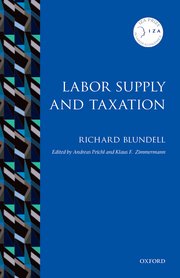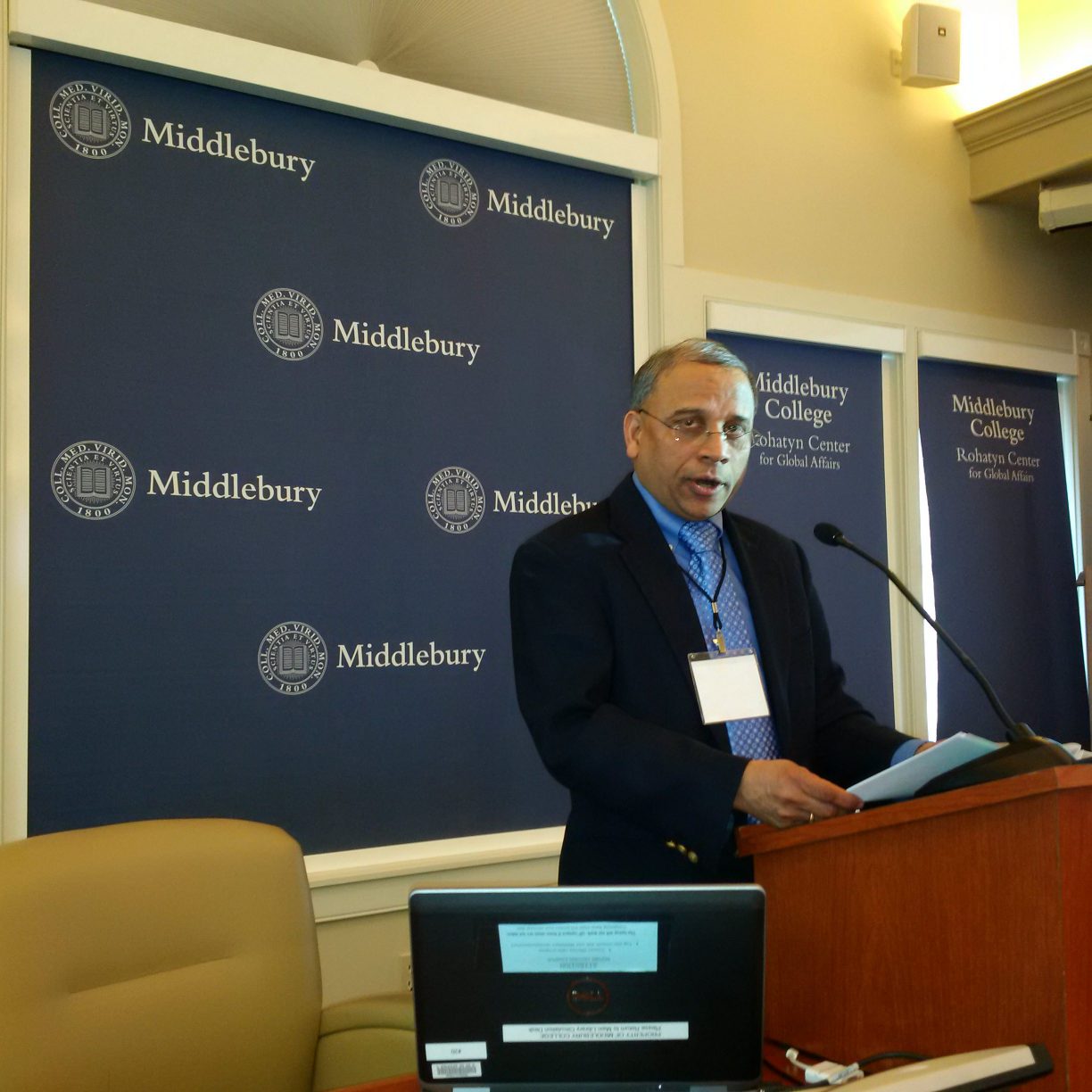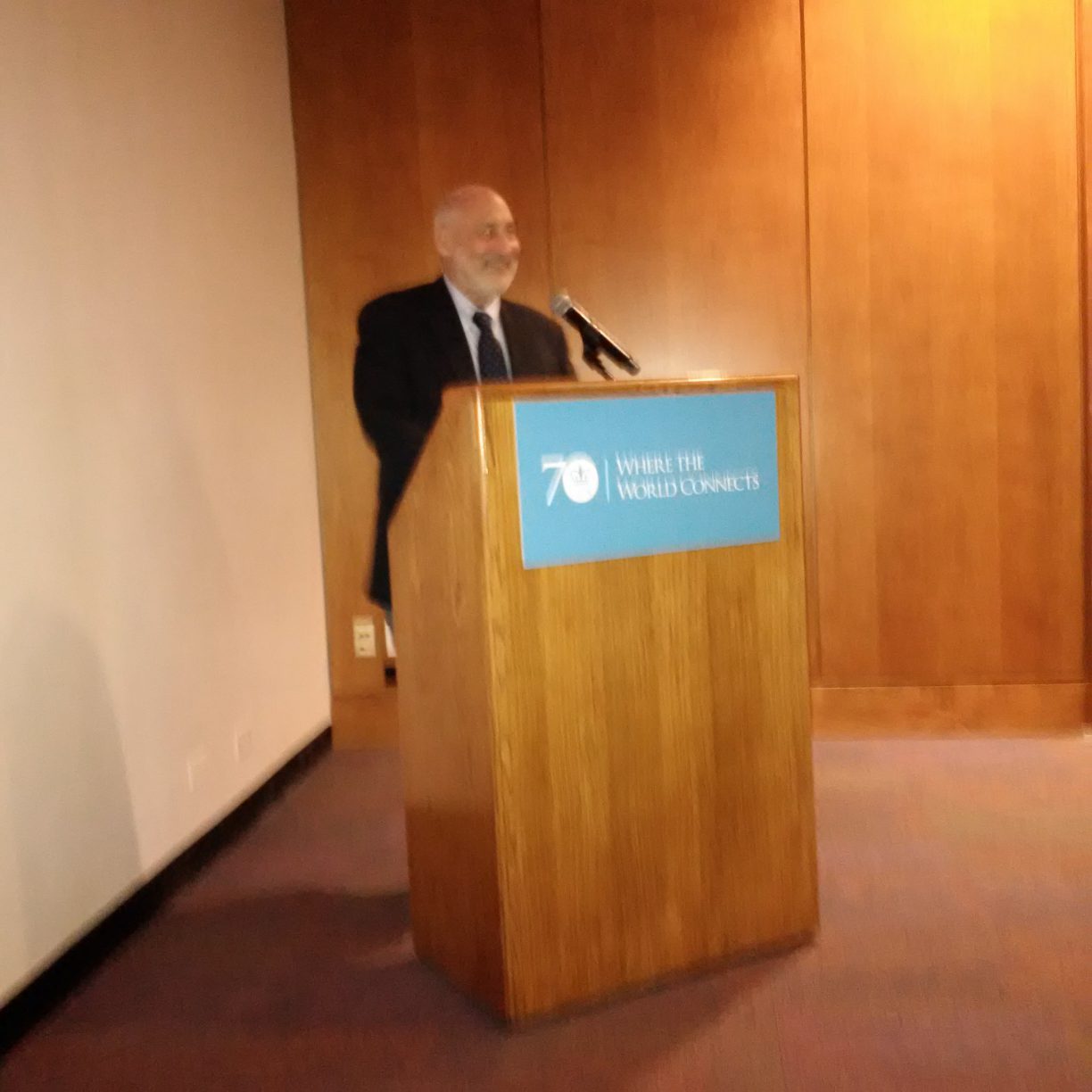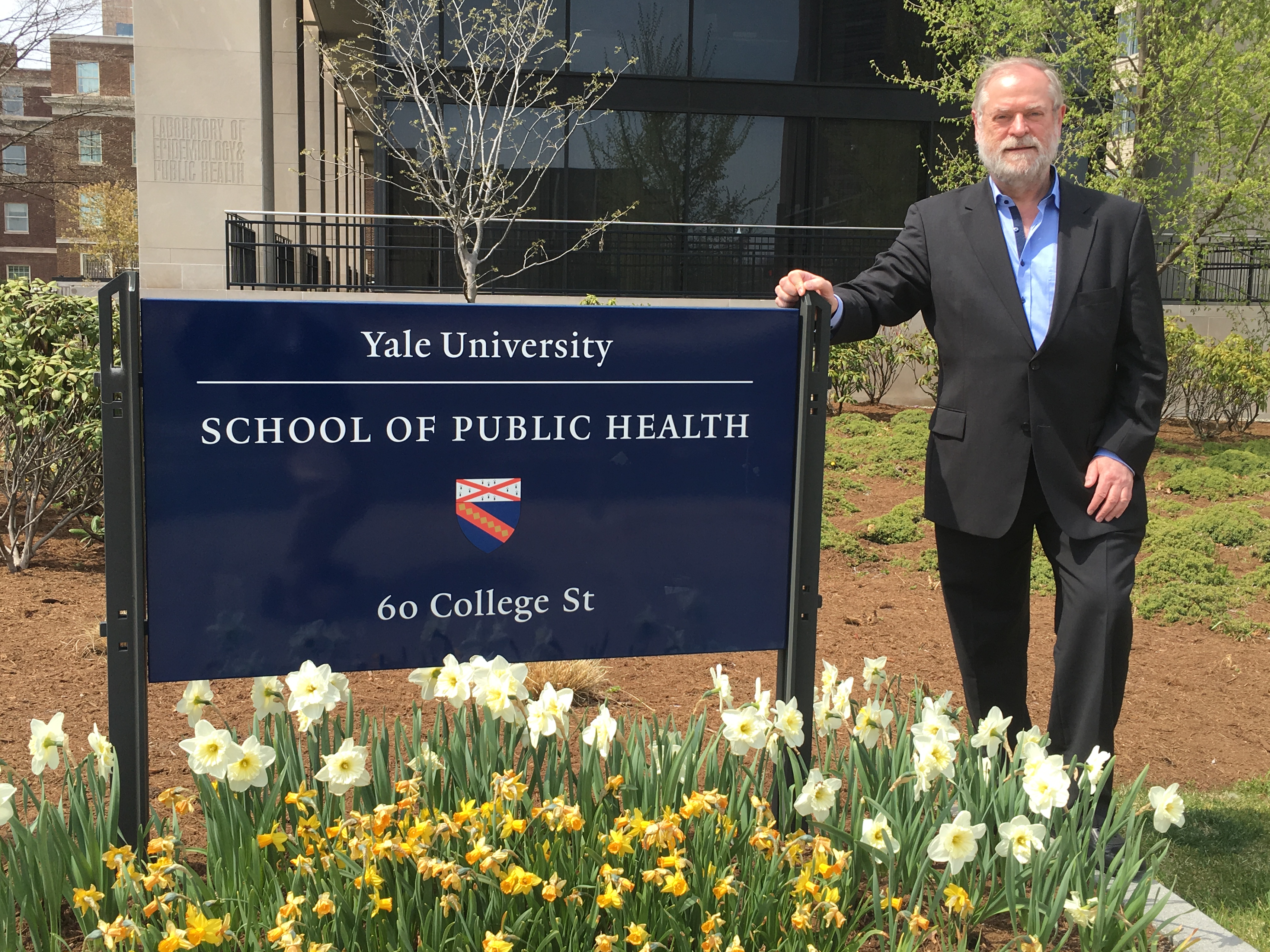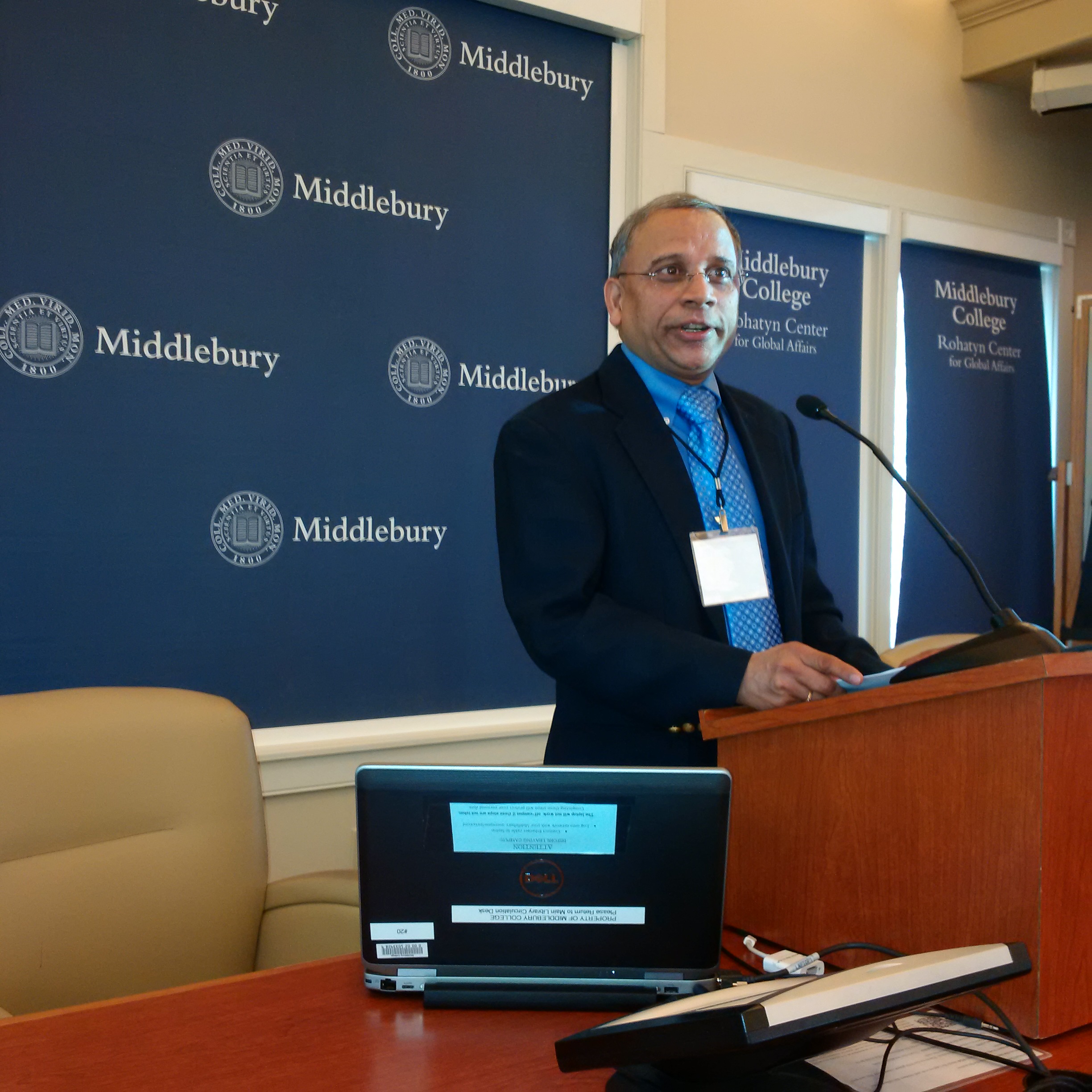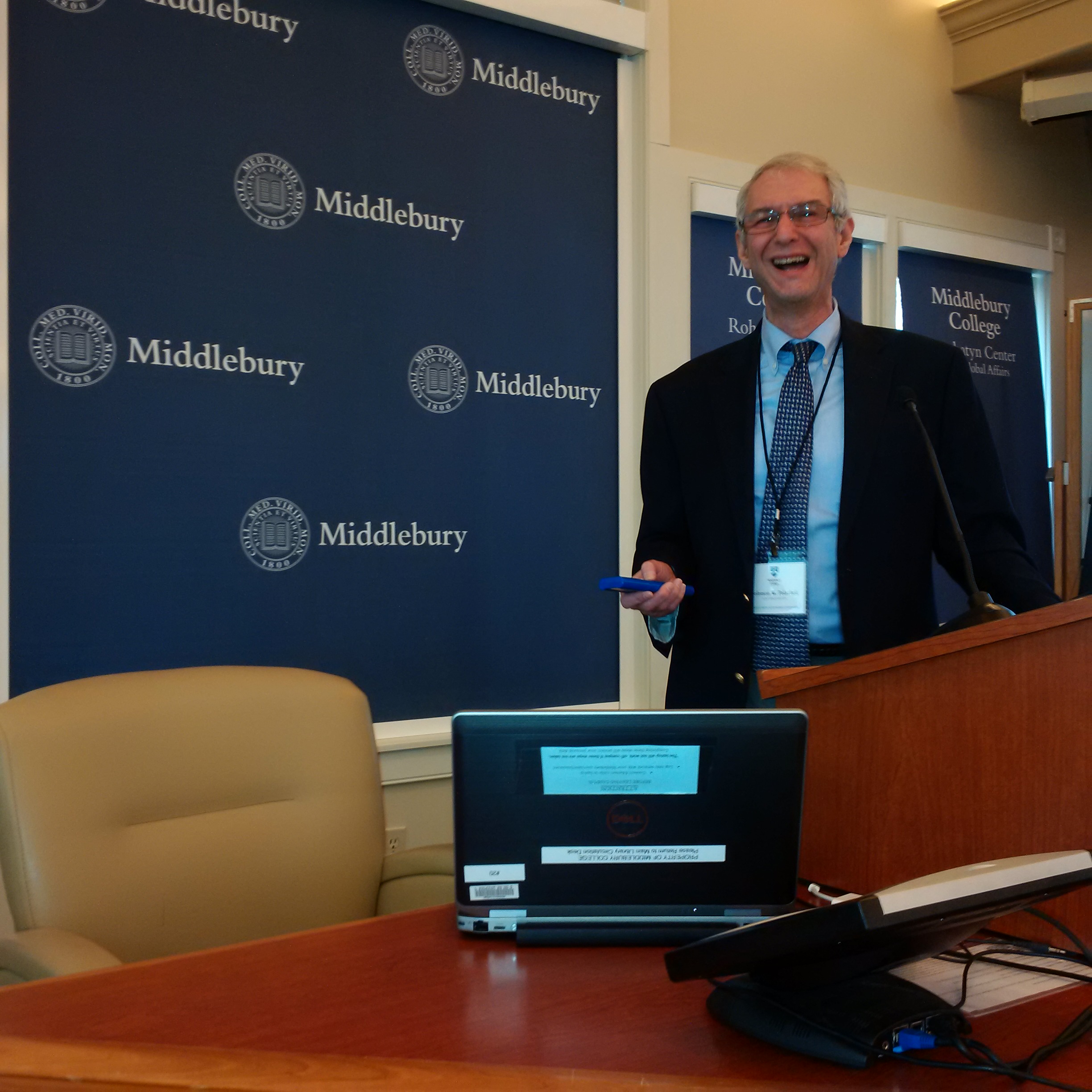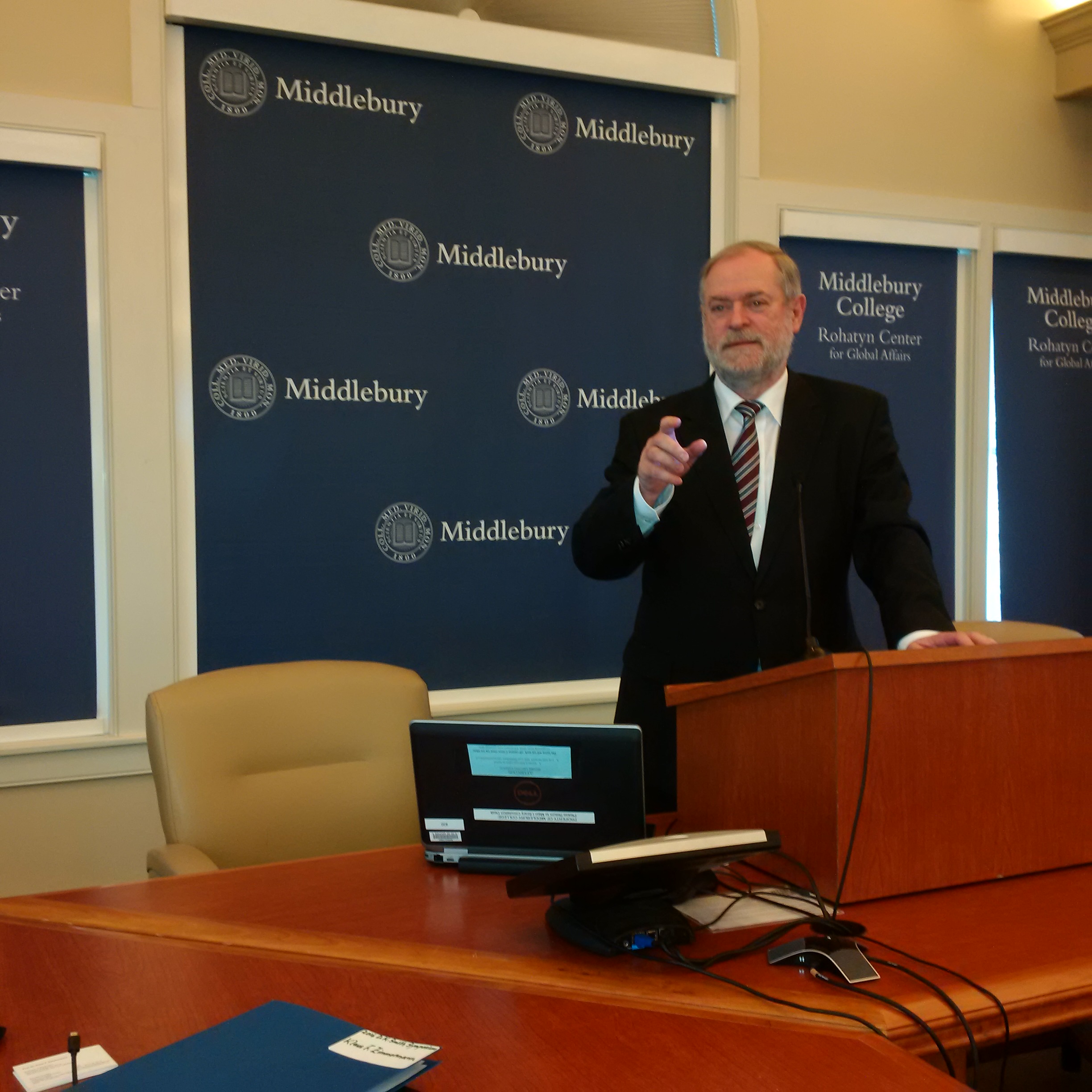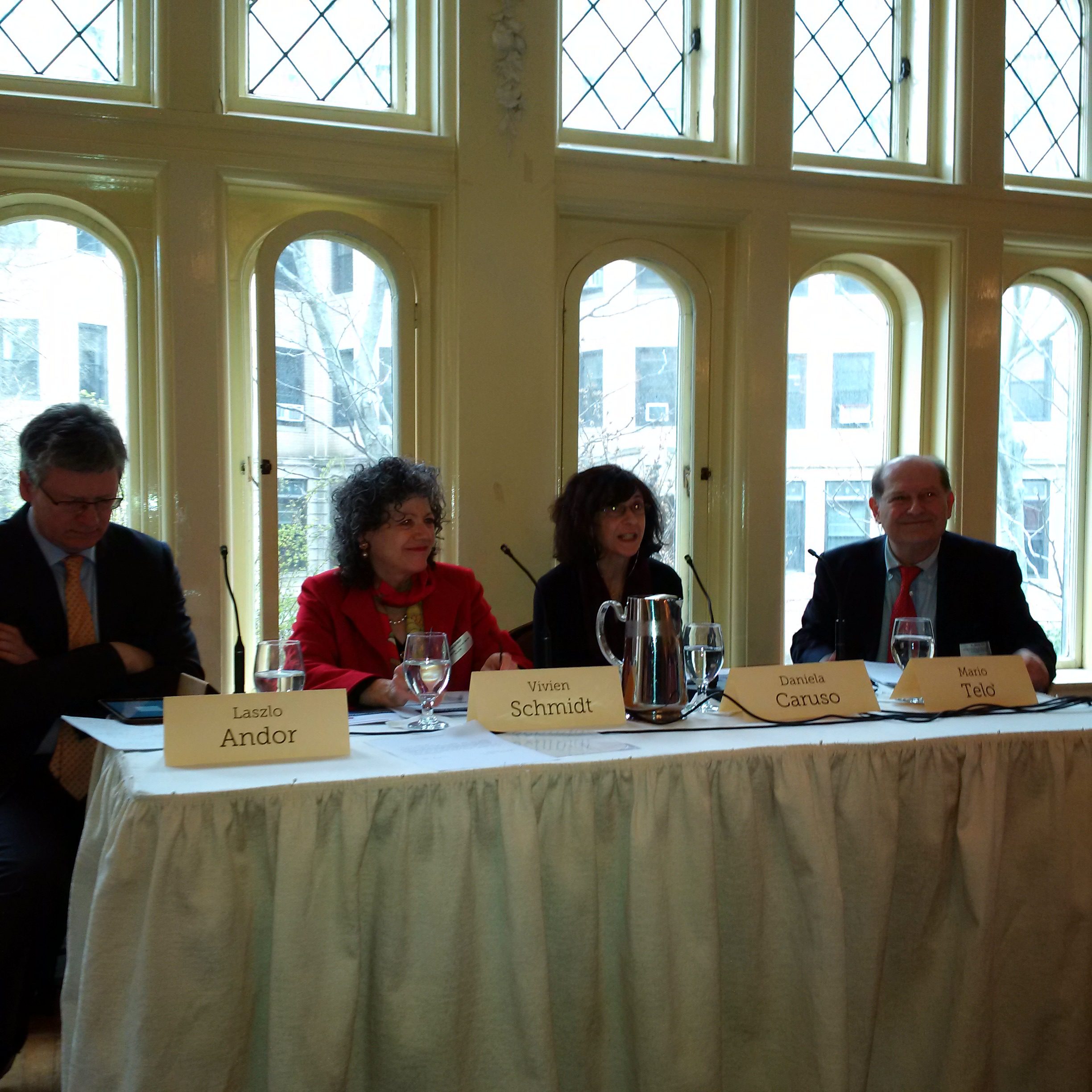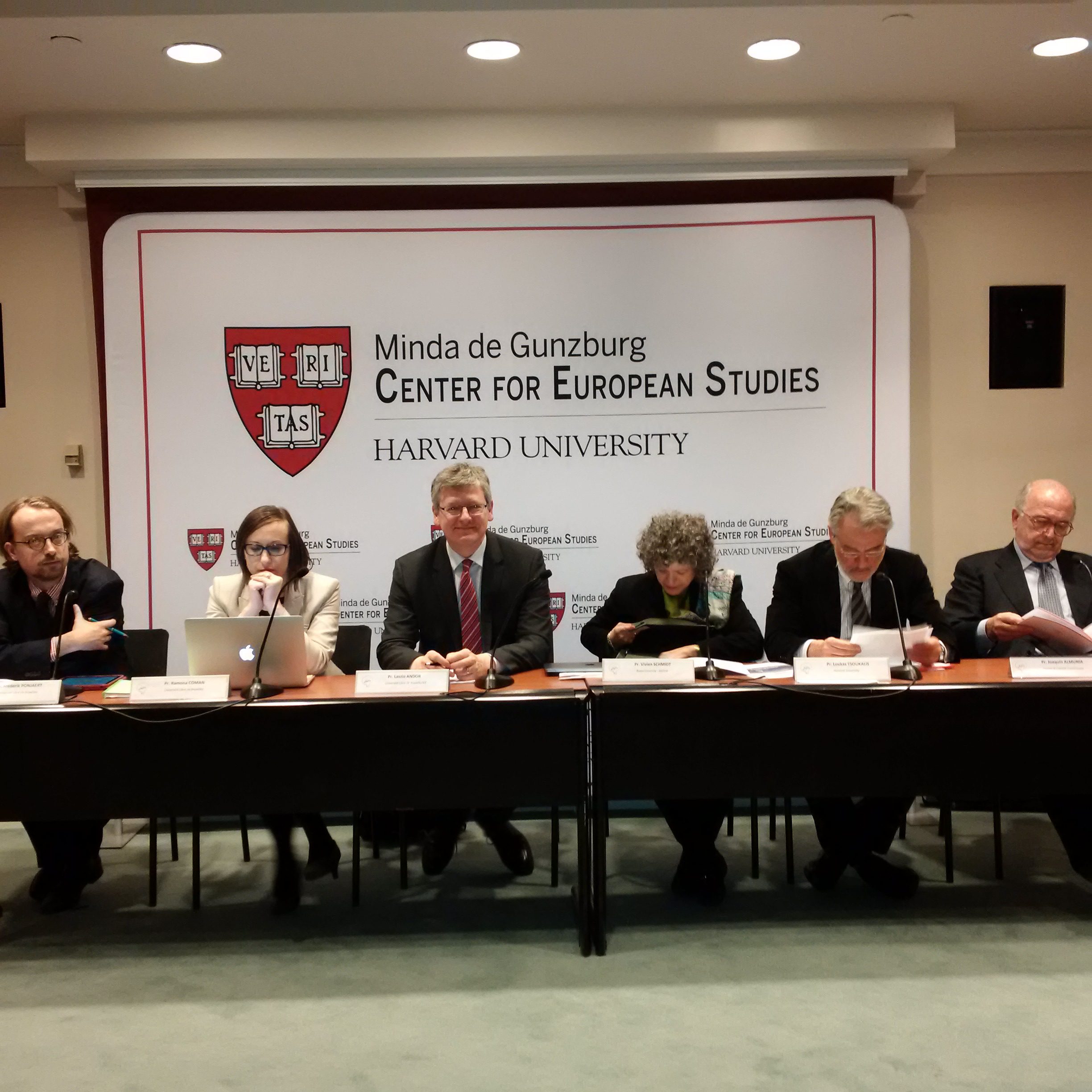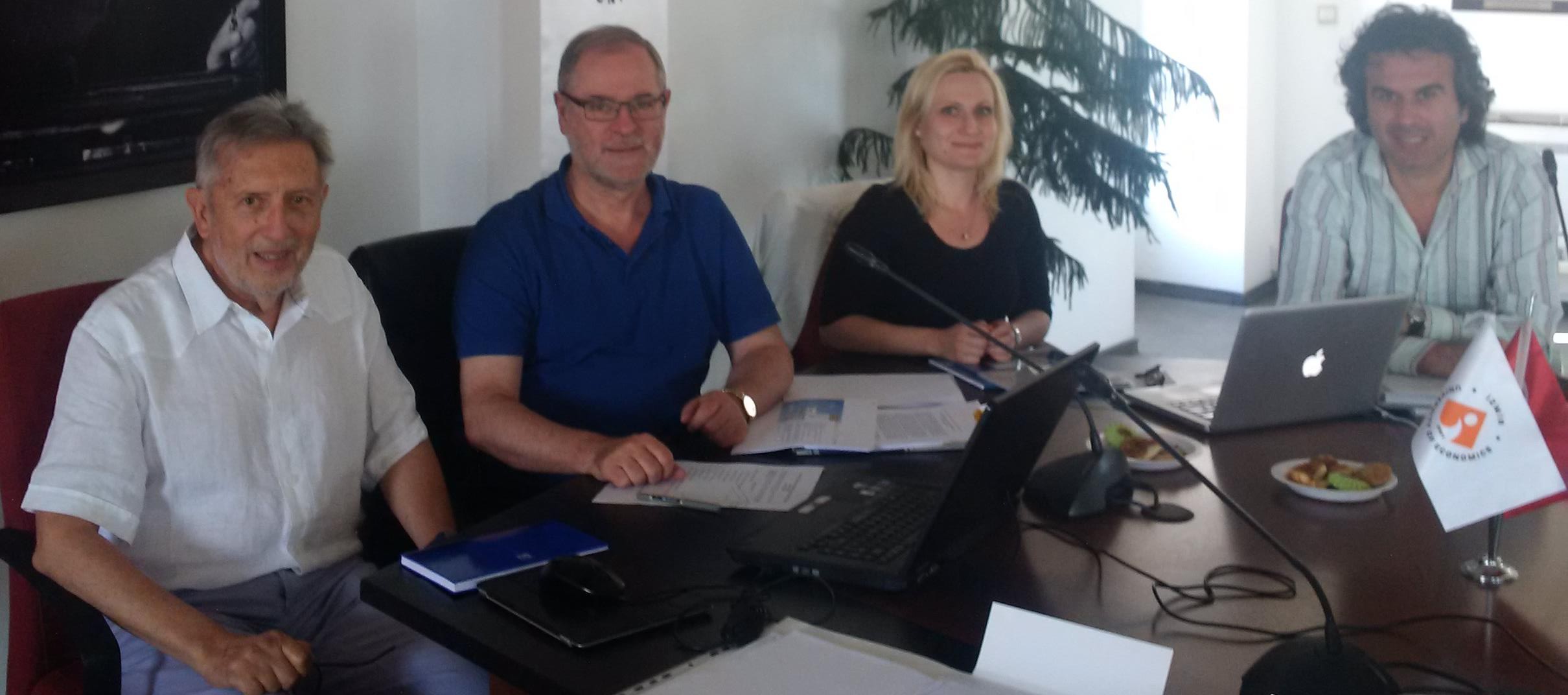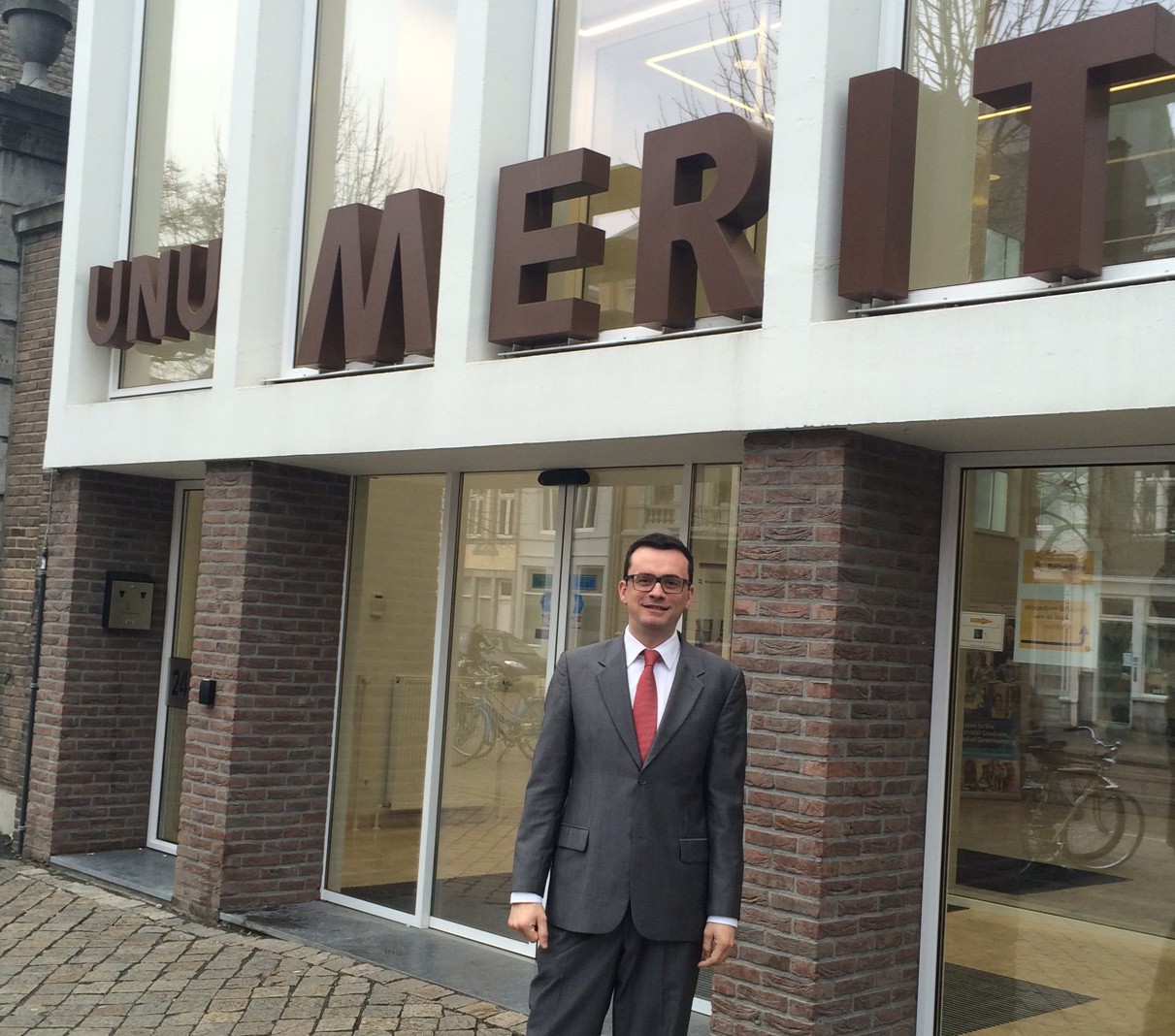Labor Supply and Taxation
Richard Blundell
Edited by Andreas Peichl and Klaus F. Zimmermann
Oxford University Press has announced that the book can now be ordered and will be published on May 17, 2016. The work of 488 pages was edited by Andreas Peichl and Klaus F. Zimmermann. Both also wrote the introduction.
- A collection of Richard Blundell’s outstanding research on the modern economic analysis of labour markets and public policy reforms
- Winner of the IZA Prize in Labor Economics 2012
- Up to date analysis of labor market trends, examining differences across the UK, US, and France
- New empirical methods are explained and applied to policy problems
- Modern analysis of tax policy using actual policy reforms
- Includes substantive research contribution
On September 22, 2012, IZA Founding Director Klaus F. Zimmermann awarded the 2012 IZA Prize in Labor Economics to Richard Blundell (University College London and IFS) during the Annual Conference of the European Association of Labour Economists (EALE) in Bonn. The Prize honors Blundell’s path-breaking contributions to the econometric analysis of labor markets and public policy reforms.
According to the Award Statement, “Professor Blundell has played a major role in the development of modern labor and policy analysis. His work is characterized by a focus on pressing questions in economic policy, the development of cutting-edge econometric methods to tackle such questions, and painstaking analysis of micro data. Blundell’s contributions laid the foundations for the modern economic analysis of labor supply, consumer behavior, and policy reforms.”
Now the relevant articles of Sir Richard Blundell on the topic are collected in a fine selection defining the field.
